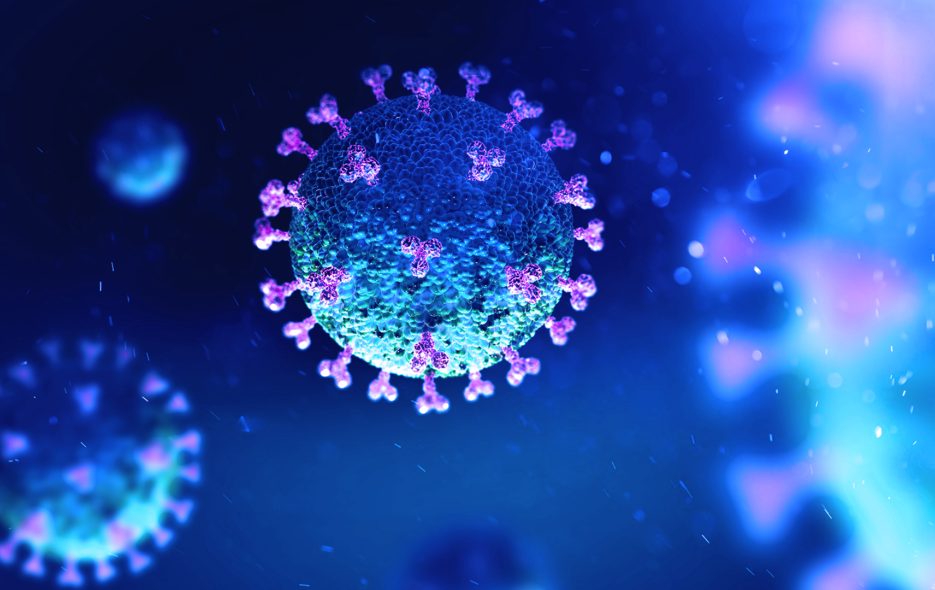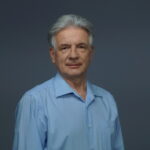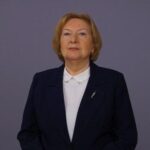SARS-CoV-2 and Acute Respiratory Viral Infections
We live in a very amazing and disturbing time. No one could have imagined that a single phenomenon in the field of biology (mutation of the virus and its transition to a new organism) would cause such large-scale changes in the life of everyone, the economy and politics of almost all countries of the world.
The purpose of our course is to provide fundamental knowledge in one of the fields of microbiology and physiology, concerning the nature of viruses and their interaction with humans, with an emphasis on the new SARS-CoV2 virus. During a difficult situation in the world associated with the spread of SARS-CoV2 coronaviruses, more and more conflicting information about their nature and methods of struggle appears in the media. Now the main focus of the information provided is shifted to the discussion of the pandemic. Someone talks about methods of treating the disease with folk remedies, someone even completely rejects the presence of danger. The spread of false information is increasing, as well as the number of people who believe it. But we live in a modern civilized society, where it is no longer customary to predict rain with the help of incantations, for this there are meteorological satellites and weather stations. A modern educated person knows that diseases are caused by various microorganisms (viruses, bacteria, microscopic fungi) that live side by side with us on our planet. But, however, many people still do not understand what a «virus» is? Where does it come from? What are the stages of its life cycle? Why does it infect new living organisms? Our lectures on viruses are designed for those who are not left indifferent by the above questions and who have basic knowledge that will help to eliminate misunderstandings in this area of microbiology. This group, first of all, includes biological and medical students. Let’s try to figure it out together.
-
Alexander Markov
Doctor of biological sciences, professor -
Oksana Rybalchenko
Doctor of biological sciences, professor -
Arina Fedorova
Junior researcher -
Aleksandra Livanova
Academic teacher, Department of General Biology, S. M. Kirov Military Medical Academy








